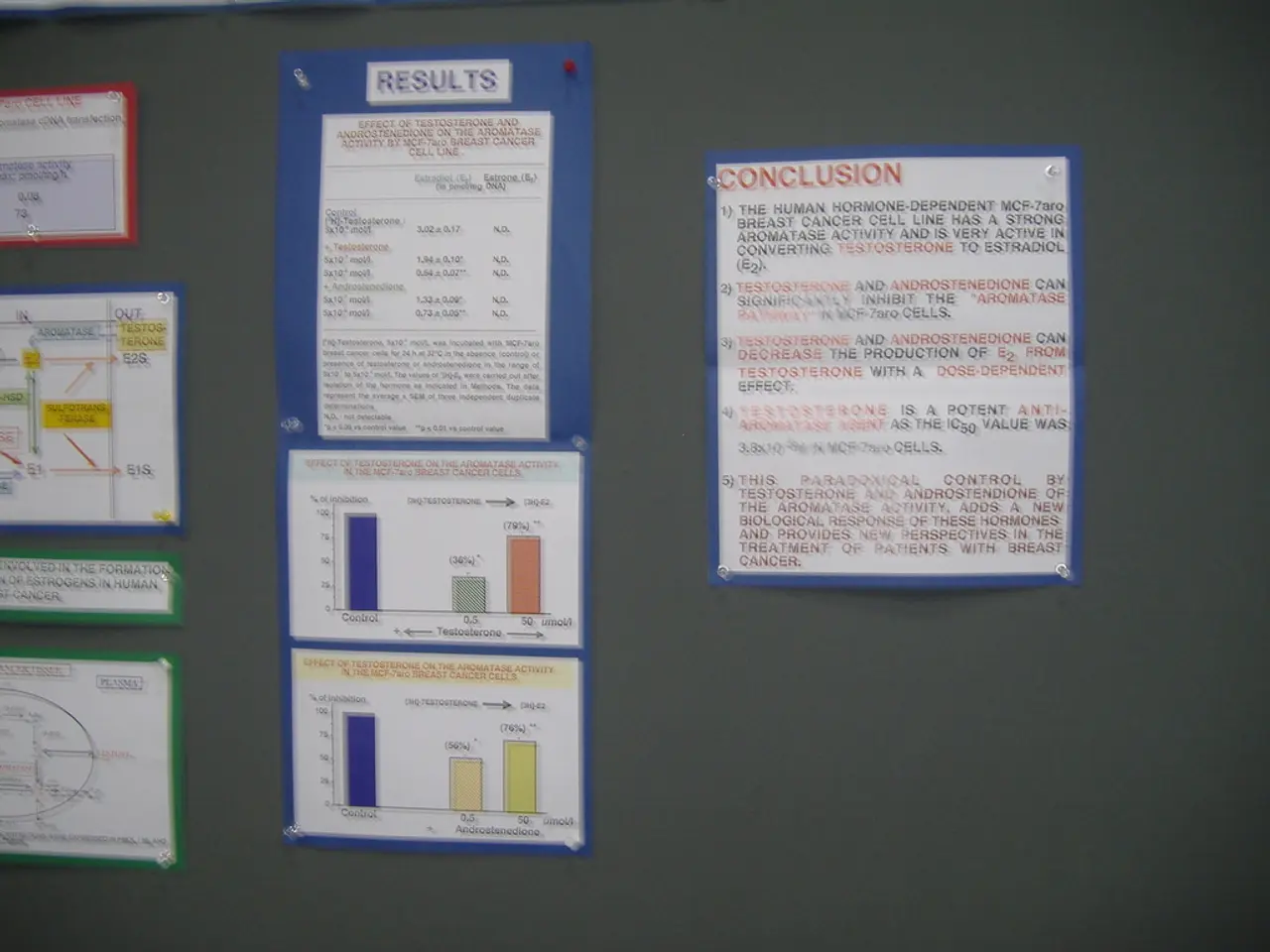Understanding the Crucial Role of VASP in Anti-Money Laundering Regulations
In a significant move towards integrating the virtual asset industry into decades-old regulatory frameworks, the Financial Action Task Force (FATF) has issued updated guidance on counterparty Virtual Asset Service Provider (VASP) due diligence. This new regulation aims to make VASPs behave like banks, ensuring compliance with anti-money laundering (AML) and counter-terrorist financing (CTF) standards.
The FATF's guidance involves specific steps for VASPs to perform counterparty due diligence. Firstly, when establishing a new relationship with a counterparty VASP, the VASP should request information relevant to FATF Recommendations 10 (Customer Due Diligence) and 13 (Correspondent Banking Relationships) directly from the counterparty VASP. This ensures that the counterparty VASP has adequate AML/CFT controls in place.
Secondly, VASPs must ensure transparency of virtual asset transfers by obtaining, holding, and sharing accurate information on both the originator and beneficiary of these transfers. This includes submitting such information promptly and securely to the counterparty VASP as required under FATF Recommendation 16 (Payment Transparency).
Thirdly, the due diligence process should follow a risk-based approach, assessing the risks related to the counterparty VASP and the virtual asset transaction itself. This includes verifying the legitimacy of the counterparty’s AML/CFT framework and monitoring for suspicious transactions or activities, especially in jurisdictions with higher risks.
Fourthly, VASPs should conduct screening to identify any suspicious transactions or persons, including those subject to sanctions. This involves using relevant information sources and languages related to the counterparty, maintaining up-to-date customer and transaction records, and sharing necessary information internally and with enforcement authorities as needed.
Lastly, VASPs must comply with the Travel Rule, ensuring that originator and beneficiary information accompanies virtual asset transfers and that they follow regulatory expectations to identify, report suspicious transactions, freeze funds, or prevent transactions with designated persons or entities.
These requirements aim to mitigate financial crime risks, with VASPs and other regulated entities required to perform due diligence on the VASPs with whom their customers transact. However, challenges exist in conducting due diligence on counterparty VASPs, particularly in obtaining and assessing necessary data, which will add new layers to the compliance process.
To facilitate this process, efforts are underway in the virtual asset industry to adopt standardized questionnaires for conducting counterparty VASP due diligence. Solutions like Discovery, a platform that provides comprehensive information about each VASP profile, can help businesses standardize their VASP counterparty due diligence.
Integrating data-driven insights from Discovery into your compliance workflow can save valuable time during the counterparty VASP due diligence process. The Wolfsberg Group, a collective of the world's largest banks, has also developed a Correspondent Banking Due Diligence Questionnaire (CBDDQ) to help banks determine if their correspondents have sufficient AML/CFT controls.
As regulatory standards around virtual assets continue to tighten, it will be critical for VASPs and financial institutions to demonstrate that they can perform counterparty VASP due diligence in a robust and reliable manner. The FATF recommends that VASPs and financial institutions consider the ML/TF risk of each individual counterparty VASP and any risk mitigation measures implemented by them.
A webinar titled "Do You Know Your VASP? Counterparty VASP Due Diligence after the FATF guidance" is available to learn more about the FATF requirements for VASP Due Diligence and how to put them into practice. VASPs, such as virtual asset exchanges, Bitcoin ATMs, and custodial wallet providers, provide essential services to cryptoasset users and act as gatekeepers where AML/CFT measures can be applied.
[1] FATF, "Guidance for a Risk-Based Approach to Virtual Assets and Virtual Asset Service Providers" (2021). [2] FATF, "Improving Global AML/CFT Compliance: On-going Process" (2012). [3] FATF, "Recommendation 16 - Information on the Physical Persons and Legal Persons Involved in the Transaction" (2012). [4] FATF, "Recommendation 24 - Suspicious Transaction Reports" (2012). [5] FATF, "Recommendation 15 - Co-operation with Foreign Financial Intelligence Units" (2012).
- The Financial Action Task Force (FATF) recommends that VASPs and financial institutions assess the ML/TF risk of each individual counterparty VASP and any risk mitigation measures implemented by them, to ensure compliance with anti-money laundering (AML) and counter-terrorist financing (CTF) standards.
- In the virtual asset industry, efforts are being made to adopt standardized questionnaires for conducting counterparty VASP due diligence, such as the platform Discovery, which offers comprehensive information about each VASP profile.
- VASPs must comply with the Travel Rule, ensuring that originator and beneficiary information accompanies virtual asset transfers and that they follow regulatory expectations to identify, report suspicious transactions, freeze funds, or prevent transactions with designated persons or entities.
- To learn more about FATF requirements for VASP Due Diligence and how to put them into practice, a webinar titled "Do You Know Your VASP? Counterparty VASP Due Diligence after the FATF guidance" is available.
- In a significant move towards integrating the virtual asset industry into decades-old regulatory frameworks, the FATF has issued updated guidance on counterparty Virtual Asset Service Provider (VASP) due diligence, which involves specific steps for VASPs to perform counterparty due diligence, including obtaining, holding, and sharing accurate information on both the originator and beneficiary of virtual asset transfers.







